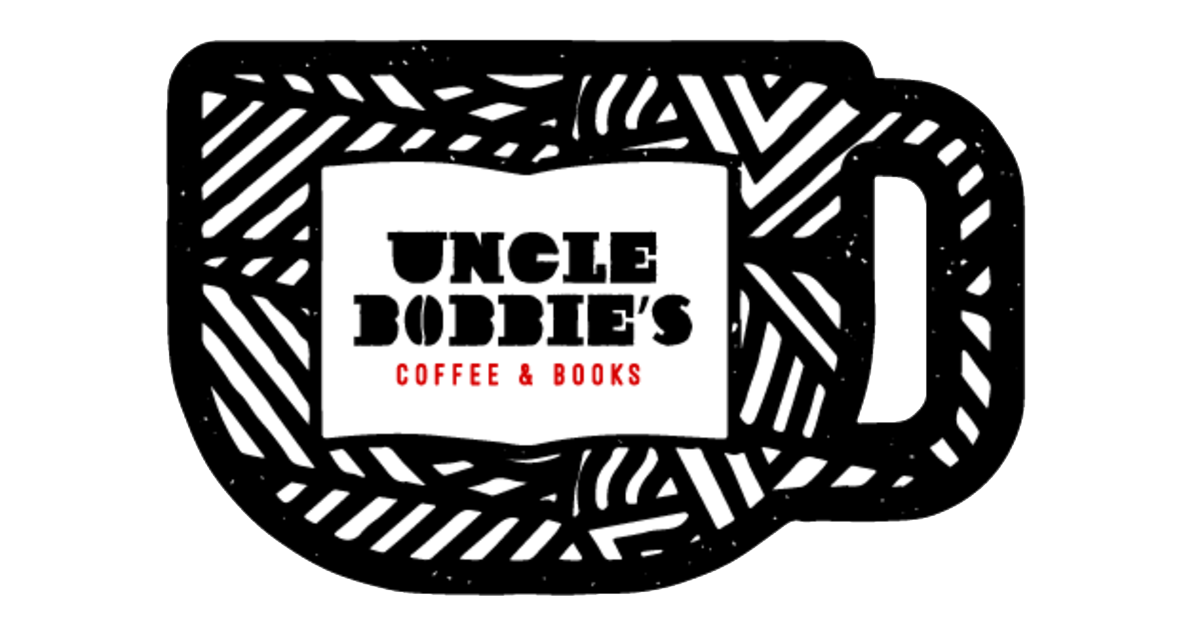Author and essayist Kiese Laymon is one of the most unique, stirring, and powerful new voices in American writing. How to Slowly Kill Yourself and Others in America is a collection of his essays, touching on subjects ranging from family, race, violence, and celebrity to music, writing, and coming of age in Mississippi. In this collection, Laymon deals in depth with his own personal story, which is filled with trials and reflections that illuminate under-appreciated aspects of contemporary American life. Laymon's writing is steeped in controversial issues both private and public. This collection introduces Laymon as a writer who balances volatile concepts on a razor's edge and chops up much-discussed and often-misunderstood topics with his scathing humor and fresh, unexpected takes on the ongoing absurdities, frivolities, and calamities of American life.
Buy your copy from one of Kiese’s favorite bookstores
"Together, these tracks will open your senses to a sharply original and supremely powerful voice, an angry yet oddly poetic voice, inventing, as it goes along, the language to write simultaneously “to folks (or sensibilities) who don’t read for a livingand those folks (or sensibilities) who are paid to read for a living”, as well as to write back to a jagged, damaged, and ultimately surreal American reality, that in its bald truth tends more towards the “American nightmare” that Malcolm X had talked about way back in the early 1960s than towards the triumphalist rhetoric of the American Dream that still measures itself against the dollar, and deigns to distributes democratic lifestyles to other parts of the world." -Scroll.In
"[How to Slowly Kill Yourself and Others in America] is not intended to serve as "a woe-is-we narrative" about the difficulties of being black in America or the South...or even an attempt to illuminate the taboo-amongst-black-folk subject of mental health—although both serve as narrative threads in Laymon's writing. Rather, it's an exercise in recalling memories." —Jackson Free Press
"Laymon’s essays, though slim, pack myriad emotions and examinations of emotional death. The writing is strong throughout; he seldom wastes an explanation or metaphor. Though the blues impulse is present, he raps familiar, like an older brother. His pieces tend to reach a gospel crescendo, like a preacher." -The Rumpus
"Laymon approached How to Slowly Kill as an album, with each essay a different track. The book contains odes to black American heroes, dirges and ballads to family members past and present, and the occasional skit. At its core beats the rat-a-tat-tat that knocks at the core of modern America: the shameful, insidious racism endured by the hyphenated African-American population. Occasionally, from the treatment of Rosa Parks to the killing of Trayvon Martin, the banging becomes so loud it drowns out all else." -Independent
"It’s the blending of humor and tragedy in Laymon’s narrative voice that brings to mind what Dickens called “streaky bacon”—the funny/sad juxtoposition that he claimed he owed so much of his success to and that thing that’s become so integral to the irresistible voices of writers like Jennifer Clement, Frank McCourt, Sherman Alexie, and Tayari Jones. Laymon is right up there with all of them—cut from that fabric, too. And it’s the trifecta of his honesty, his scope, and his voice that makes this book a particularly poignant read." -Cross Fading Magazine





